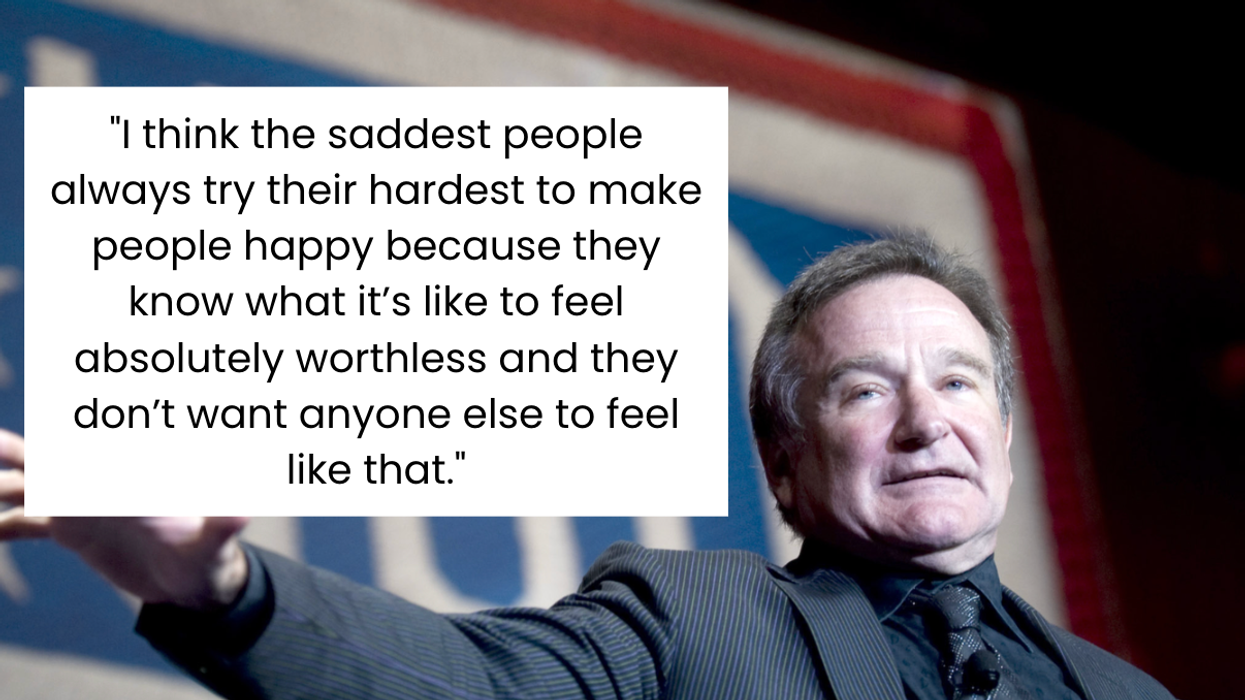In recent years, amid the rise of social media and online petitions, it’s been easy to feel like the transformative and successful movements of the past century—the civil rights movement, anti-apartheid protests, and anti-Vietnam War protests—were destined to become relics of history. However, if there was ever a year to debunk the claims of “slacktivism” and “armchair activism” that have proliferated during the internet era, 2014 was it.
In many ways, the anti-government protests in Turkey and the anti-sexual harassment protests in India in 2013 hinted at the groundswell of protests that would follow from West Africa to Eastern Europe to Central America. Protesters boldly challenged entire governments, hegemonies, and systemic injustices in discrete ways that somehow felt greater than the sum of their grievances. Though not all were nonviolent, most of the protests demonstrated an impassioned form of civic engagement that will leave indelible imprints upon the history books of the future.
Here’s a look at seven places where citizens got loud in 2014.

















 Robin Williams performs for military men and women as part of a United Service Organization (USO) show on board Camp Phoenix in December 2007
Robin Williams performs for military men and women as part of a United Service Organization (USO) show on board Camp Phoenix in December 2007 Gif of Robin Williams via
Gif of Robin Williams via 
 People on a beautiful hike.Photo credit:
People on a beautiful hike.Photo credit:  A healthy senior couple.Photo credit:
A healthy senior couple.Photo credit:  A diverse group of friends together.Photo credit:
A diverse group of friends together.Photo credit:  A doctor connects with a young boy.
A doctor connects with a young boy.  Self talk in front of the mirror.Photo credit:
Self talk in front of the mirror.Photo credit:  Lightbulb of ideas.Photo credit
Lightbulb of ideas.Photo credit 

 Superstructure of the Kola Superdeep Borehole, 2007
Superstructure of the Kola Superdeep Borehole, 2007 

